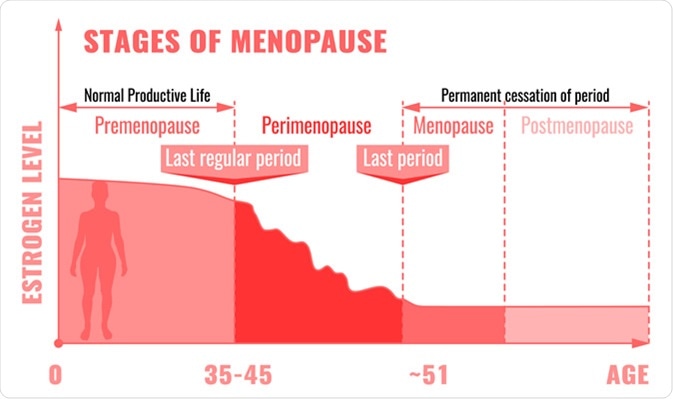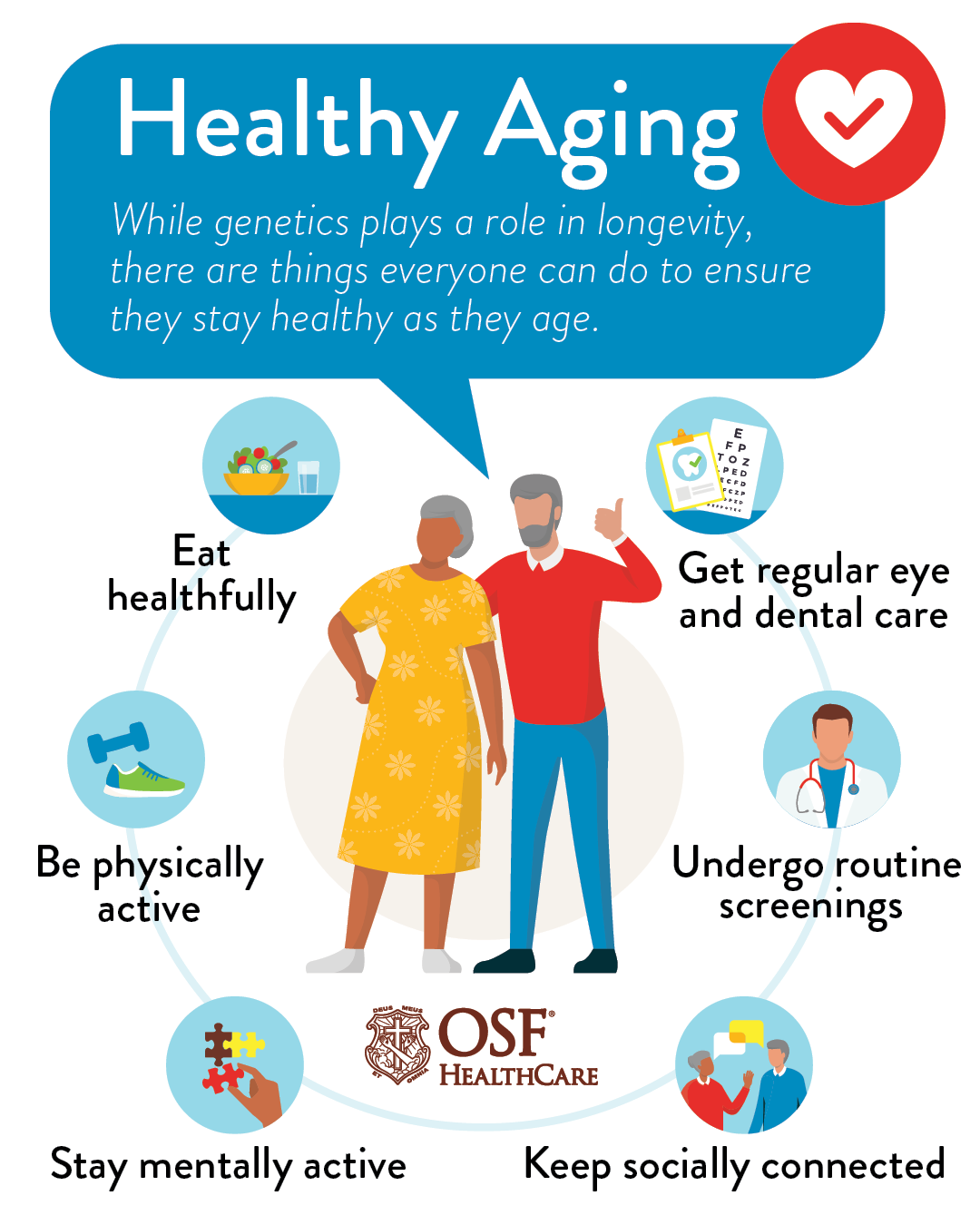Proteins in Post menopusal women
Role of Protein Post Menopause
Nutrition is important in every stage of life, especially for women. For example, as a young girl grows into a woman, her nutritional needs are vital for her growth and development, when she is pregnant, it increases to support both her and the child and in menopause, nutritional needs change yet again to buffer the impact of hormonal changes.
The Post Menopause Phase

A woman reaches menopause when her menstruation has stopped for at least one year and after that year, she enters “post menopause.”
(https://www.ncbi.nlm.nih.gov/books/NBK279131/)
How does Post Menopause impact the body ?
With menopause the anxiety over dealing with ‘that time of the month’ and cramps during the menstrual cycle comes to a halt but it brings along a new set of health problems with it.

One of the major effects of menopause is a decrease in the reproductive hormone Oestrogen which has critical implications in the body.
1. Cardiovascular Risk
With a decline in oestrogen levels, levels of LDL cholesterol (unhealthy ) increase, and levels of HDL (healthy fat ) decrease, which leads to build-up of fat and cholesterol that increases the risk of heart attack and stroke in postmenopausal women
(https://www.ncbi.nlm.nih.gov/books/NBK279131/)
2. Bone health

Oestrogen is important in promoting cells responsible for bone formation. With a decline in oestrogen levels during menopause, there is an increase in the rate of bone loss which accelerates in the first 20 years after menopause. For postmenopausal women this increases the risk of Osteoporosis, a condition where bones become brittle and weak which can lead to fractures.(https://www.ncbi.nlm.nih.gov/books/NBK279131/)
What does protein do?
Dietary Protein is the structural component of all cells in the body and are made up of chemical units called amino acids.
Proteins repair and maintain tissues and make hormones, enzymes, and are essential in our immune system.
Amino acids function as precursors for hormones, vitamins, and other important molecules.
Do women need more protein during post menopause?
Protein makes up approximately 50% of bone volume and about a third of its mass. It helps to promote bone growth, increases calcium and phosphorus absorption in the gut ,essential for strong bones.
Clinical studies have shown that higher dietary protein intake along with exercise is associated with greater muscle mass and strength in postmenopausal women.
Hence protein becomes even more critical in the diet for repairing and strengthening muscles, keeping the bones strong and healthy and boosting the immune system.(https://journals.sagepub.com/doi/full/10.2217/WHE.14.40)
How much protein is enough?
The recommended dietary allowance for adults is 1 g of protein per kilogram body weight per day.
For a 50 plus woman =, an intake of 1.0 g to 1.2 g of protein per kilogram of body weight per day is recommended.
(https://www.ncbi.nlm.nih.gov/pmc/articles/PMC7598653/)
What are the best protein sources for menopause?

While choosing animal based sources, opt for lean meats like chicken, turkey, and fish along with eggs and low fat dairy products.
Plant based high protein sources include lentils, beans, peas, soy, tofu, nuts, seeds, and quinoa.
Add a variety of the plant protein sources to improve the quality of proteins (provides all essential amino acids).
In one of the recent studies, postmenopausal women who ate high levels of plant protein had lower risk cardiovascular disease, premature death and dementia related death compared to women who ate few plant proteins. (https://doi.org/10.1161/JAHA.119.015553)
Along with protein, plant foods are loaded with nutrients including vitamins, minerals, fiber and antioxidants that have more benefits , without the cholesterol and saturated fat present in animal products. (http://digital.csic.es/bitstream/10261/1983/1/Schoppen%20et%20al.pdf)
Additionally, adding protein powders to milk or smoothies helps older women to get quality proteins if their appetites are low. There are many protein supplements available in the market but Whey protein is the best & is easy to digest. GRD – The Superior Protein (www.grdprotein.in) offers a range of delicious whey protein powders and protein diskettes which can fulfil nutrition requirement by supplementing with nutritious diet.
Key Takeaway
Post menopause may be a natural transition but it definitely is not the easiest.

In these years, along with aging comes the effect of hormonal imbalance associated with menopause which often results in unwanted weight gain, weak bones, elevated cholesterol levels and an increased risk of chronic diseases .Hence ,women in midlife should strive to eat healthy with more quality protein which is essential to the body’s growth, muscle repair, maintenance of skeletal muscle and weight.
While hormone replacement therapy is an individualized choice, there is always an easier way to counter the negative effects of hormonal imbalance - A healthy lifestyle.
Comments
Post a Comment